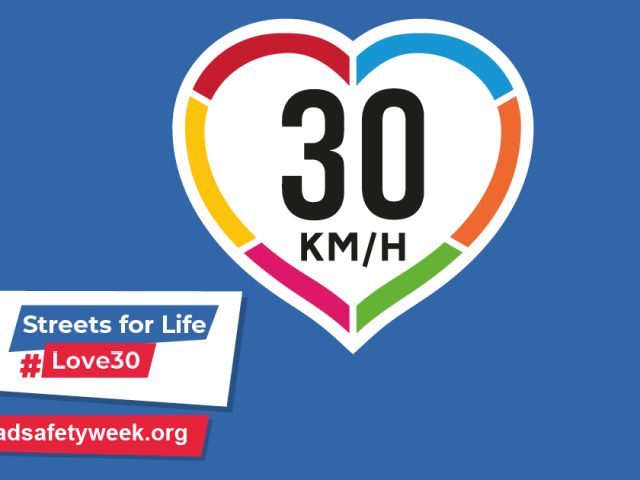Intelligent Speed Assistance
Myths and Reality
Illegal and inappropriate speed is the single biggest contributory factor in fatal road crashes. It increases both the risk of a crash happening and the severity of injuries resulting from crashes. Managing speed is therefore the most important measure to reduce death and injury on our roads.
But the concern for safety is not the only reason why speed management is important. Following the oil crisis of the 1970s, many lower speed limits were introduced in an attempt to reduce fuel consumption and improve fuel efficiency.Current concerns over climate change and CO2 emissions have once again stirred arguments for lowering speed limits and improving their enforcement.
Modern technology offers substantial improvements to the management of speed and the compliance with speed limits. Intelligent Speed Assistance (ISA) is the term given to a range of devices that assist drivers in choosing appropriate speeds and complying with speed limits.
ISA technologies are however not used on a wide scale and there are a number of ideas circulating as to why this is so. Some of the arguments advanced by opponents of early ISA application deny that speed is a priority. Others state that the technology is problematic, unreliable, or that the data requirements are too demanding. Further arguments surround issues such as liability or data ownership that offer legal obstacles to ISA application.
ISA technologies are however not used on a wide scale and there are a number of ideas circulating as to why this is so. Some of the arguments advanced by opponents of early ISA application deny that speed is a priority. Others state that the technology is problematic, unreliable, or that the data requirements are too demanding. Further arguments surround issues such as liability or data ownership that offer legal obstacles to ISA application.
This publication reviews and debunks ten myths that are commonly used to argue against the development of ISA from the research area into the policy domain. The conclusions can be summarised as follows.
- ISA technologies do work, are robust and reliable.They are technically simple, much simpler than other automatic devices such as collision avoidance systems.
- Delivering and maintaining the relevant map data for ISA is not a problem either, provided that legislation is there to ensure action is undertaken in a harmonised way.
- The differences between EU countries are no more of an impediment for ISA than they are in the other policy areas that see frequent European legislation.
- The substantial accident reductions to be gained from ISA outweigh its costs, particularly if ISA fitment was required by law. Doing nothing or achieving speed reduction by other means will turn out more expensive in the end than implementing ISA technology.
- Drivers not the authorities will remain in the driving seat even with ISA.
- Industry has already implemented other support systems (advanced cruise control, etc.) that intervene in vehicle control to assist the driver without being concerned about liability.
- A majority of drivers are already in favour of ISA technologies and acceptance increases as they gain experience of using the technology.
- The decision whether to rely on legal, market based or industry instruments to apply safety technologies is the domain of policy makers in general and legislators in particular. There is nothing inherent in ISA technologies to undermine this.
- ISA technologies should be viewed as an important element in a wider approach to improved driving rather than an option to choose instead of other activities.
- The application of ISA does not impede progress on the other actions needed, whereas blocking speed management and ISA impedes improved road safety.
- A comprehensive systemic approach to reducing emissions from the road sector should not impede improvements in any one area, rather it should facilitate greater efforts in all areas including the management of speed and the application of ISA.








